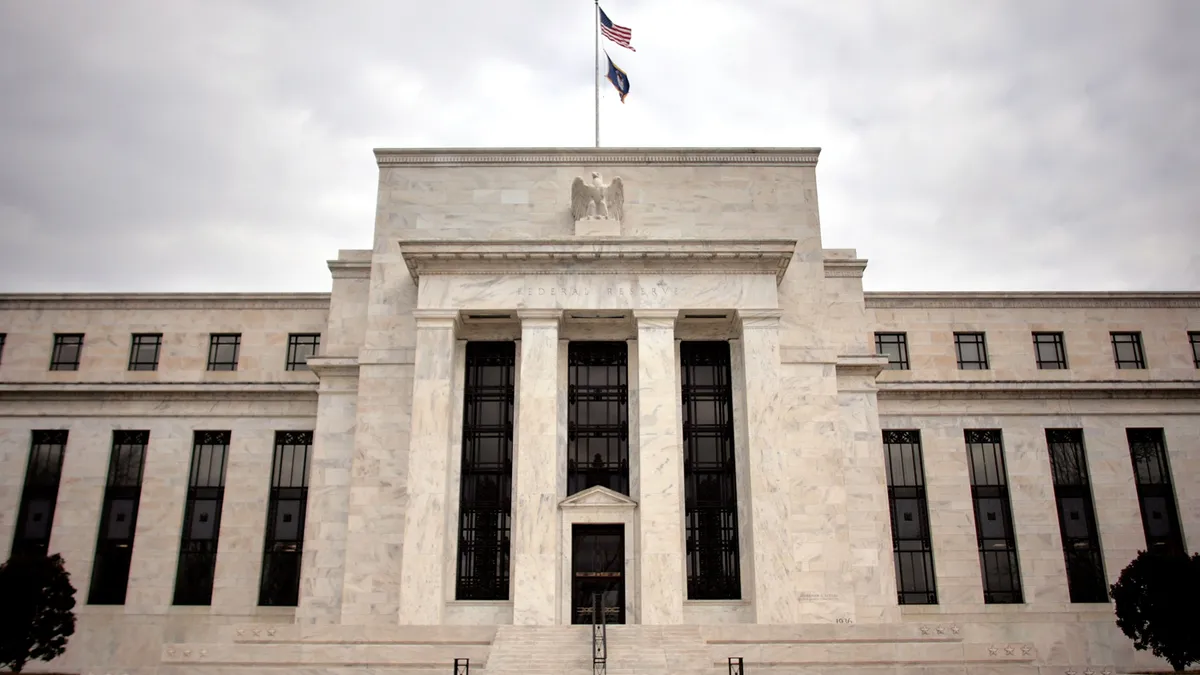The Federal Reserve issued a cease-and-desist order Tuesday against Evansville, Indiana-based United Fidelity Bank and its parent companies, Fidelity Federal Bancorp and Pedcor Financial Bancorp.
The order relates to the bank’s capital planning, risk management, contingency funding and oversight by senior management and the board. The bank has agreed to submit a strategic plan within 60 days to address the issues.
It follows a similar order issued by United Fidelity’s primary regulator, the Office of the Comptroller of the Currency, in October.
The bank’s speedy growth triggered the OCC’s concerns, Angie Peters, United Fidelity’s vice president of marketing, told local news outlet Current in February.
“The bank was highly successful in its affordable housing finance activities and as a result, the bank grew very quickly,” Peters said. “Over the past two years, the bank has generated approximately $200 million in profits — well in excess of our peer banks. Despite the financial performance, our regulator, the Office of the Comptroller of the Currency, was concerned about the pace of that growth.”
United Fidelity has grown in recent years in part by acquisition. Community Banks of Shelby County in Cowden, Illinois; International City Bank in Long Beach, California; and First City Bank of Florida in Fort Walton Beach have come under its umbrella since 2020.
Five of United Fidelity’s eight acquisitions in the past decade have been government-assisted mergers of failed banks, according to American Banker.
United Fidelity’s plan to the Fed must include risk management details and how to track such a program. The bank also must submit a strategic business plan, budget and cash-flow projections, and it is prohibited from making capital distributions without the Fed’s express permission.
United Federal did not return a request for comment. The Fed had nothing to share beyond the press release.
Rapid growth has increasingly become a red flag in the banking space — particularly since recent instability at New York Community Bank pushed lawmakers, including Sen. Elizabeth Warren, D-MA, to assert that regulators “asleep at the wheel” for allowing NYCB to acquire Flagstar and then much of Signature Bank within a six-month span.














